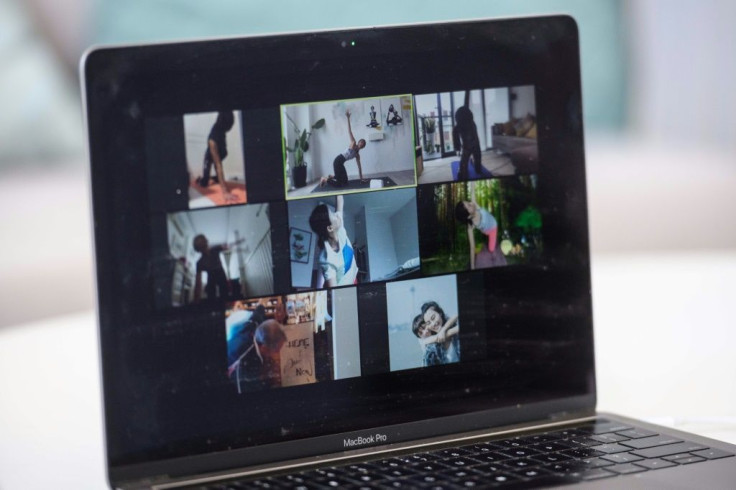Zoom Announces New Security Changes In Response To Hacks And 'Zoom-Bombing' Incidents

KEY POINTS
- Zoom outlined changes made to meeting security in response to the series of "zoom-bombing" incidents that hit the service since its popularity exploded during the COVID-19 pandemic
- A new icon, available only for the meeting host and co-hosts, groups pre-existing security features into one spot for easier access
- Meeting IDs will no longer be posted in the Zoom toolbar and will simply read "Zoom" going forward
Video conferencing app Zoom announced Wednesday it would be introducing new security measures to protect users from hacks and “zoom-bombing” that has plagued the service since its popularity exploded during the coronavirus pandemic.
The updates were shared on Zoom’s official blog page.
“Last night we implemented an important update to help make your meetings more private and secure," Zoom said on its blog. “The most visible change that meeting hosts will see is an option in the Zoom meeting controls called Security. This new icon simplifies how hosts can quickly find and enable many of Zoom’s in-meeting security features.”
The new icon will only be available to hosts or co-hosts of the Zoom meetings to serve as an “all-in-one place” to existing security features. These include locking meetings, setting up waiting rooms, and removing people from the meeting.
“The Security icon is available in our latest release (version 4.6.10) to all Zoom hosts and co-hosts in all free and paid account types on desktop (Mac & Windows), mobile (iOS & Android), iPad, and in the web client,” the Zoom blog said.
Another change made is that Meeting IDs won’t be displayed on page’s toolbar and will simply say “Zoom” instead. Zoom said the idea is to prevent outside access to a meeting room if a picture is posted online with the room’s ID. This, in part, is what led to people hacking meeting rooms and “zoom-bombing” meetings with pornography and racist materials.
These changes come nearly a week after Zoom CEO Eric Yuan issued an apology for the string of hacks and “zoom-bombing” that had occurred since the coronavirus outbreak hit the U.S.
“We take them extremely seriously. We are looking into each and every one of them and addressing them as expeditiously as we can,” Yuan said. “We are committed to learning from them and doing better in the future.”
Zoom has seen increased use as people have sought to stay in touch or used it for work. However, several reported incidents came out of people hacking into meetings and dumping inappropriate material into the targeted meeting, which became known as “zoom-bombing.” This was followed by the FBI issuing warnings about possible hacks as it looked into the reported incidents.
© Copyright IBTimes 2025. All rights reserved.





















